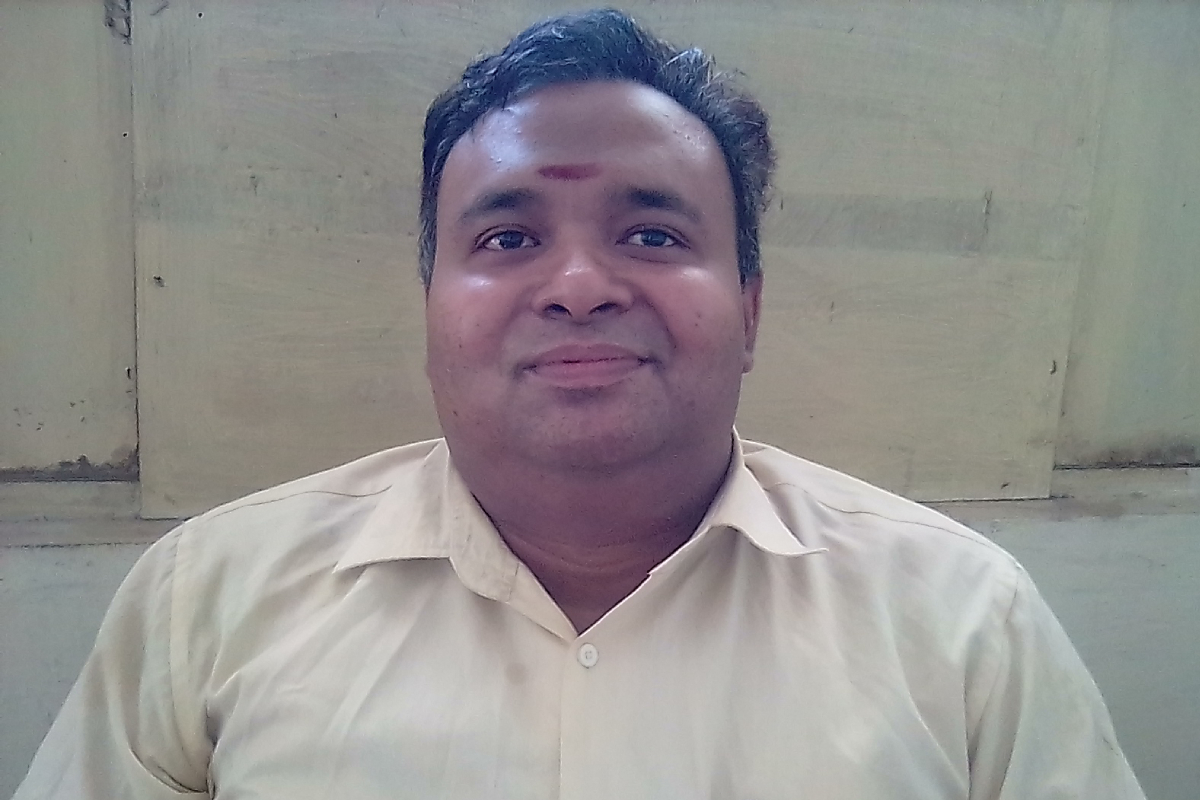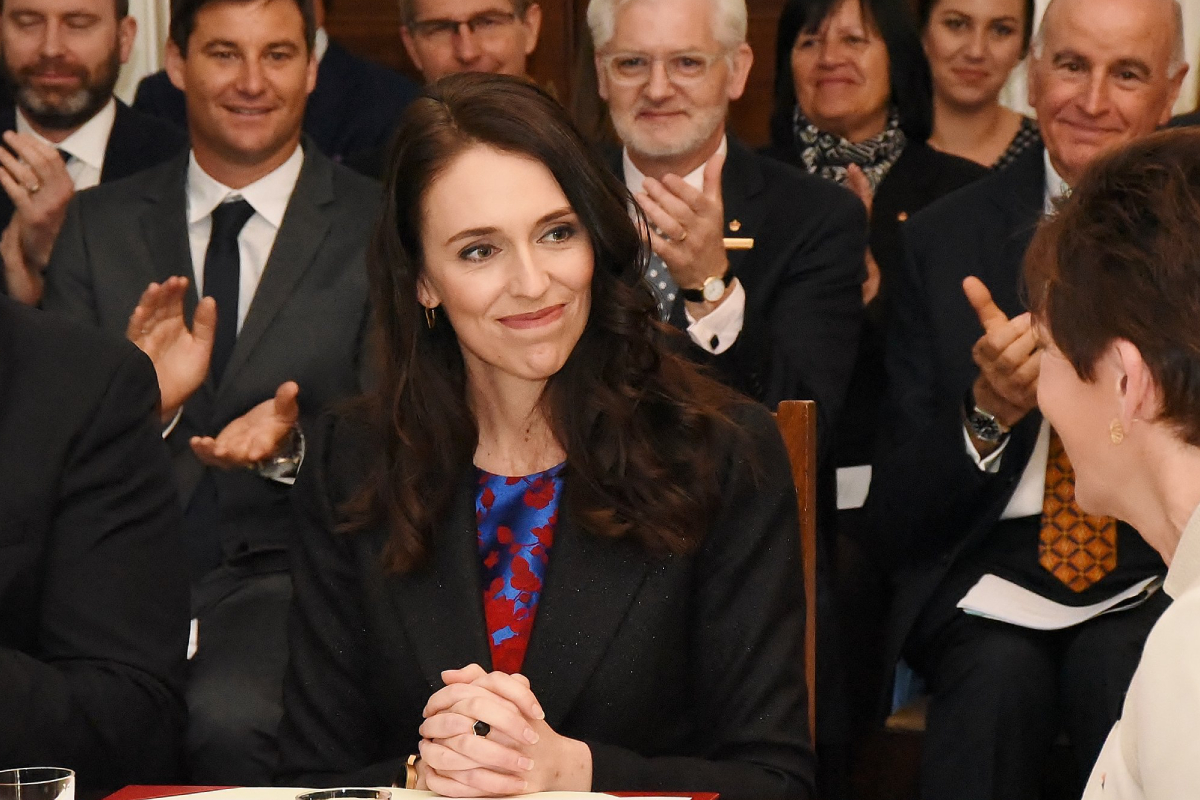Jacinda Ardern’s announcement of her resignation as the Prime Minister of New Zealand reflects the amount of pressure involved in running an office in a competitive democracy, Balaji Chandramohan, a geo-political analyst, who once worked with Jacinda Ardern in the New Zealand Labour Party as a volunteer, said.
“It’s true that Jacinda started her political career by being a list MP way back in 2008 and established herself with the struggle in the Labour Party hierarchy, which resulted in getting the PM post in 2017,” Chandramohan told The New Indian.
“She built her reputation by being a good leader for New Zealand, which included the Labour Party winning the 2020 general elections,” Chandramohan, a member of her electoral campaign team from the Hamilton constituency in 2008, told The New Indian.
Chandramohan found her “friendly and empathetic.” During his post-graduation in journalism days at the University of Waikato in Hamilton, Chandramohan used to meet Jacinda Ardern on a day-to-day basis for consultation, when she was contesting the 2008 election from the Hamilton constituency in 2008.
Chennai-based Chandramohan is a geopolitical analyst who worked for the Labour Party, and a think-tank during his stay in the Oceanian nation.
While revealing the reasons for giving up the top portfolio, the 42-year-old leader mentioned that she doesn’t have “enough in the tank” to continue her tenure. However, Jacinda Ardern will hold the portfolio of the Member of Parliament for Mt Albert until April.
During her incumbency, Ardern had to tackle situations in turbulent times, including the Christchurch mosque shooting in 2019, the White Island volcano disaster, and the Omicron wave during the COVID pandemic.
The Labour Party stalwart became the youngest Prime Minister at the age of 37. Ardern gave birth to a child while in office and gained global attention by bringing her three-month-old daughter Neve Te Aroha to the UN General Assembly.

Talking about Ardern’s political career, Chandramohan said, “Her leadership abilities were questionable following how she handled the Corona issue and some internal fissures within the Labour Party. For example, Gaurav Mrinal Sharma, who was heading the Labour Party as an MP in the bellwether Hamilton West constituency, had to resign due to bullying within his party. Jacinda Ardern was very silent about the whole issue.”
“Her resignation has precisely to do with how her leadership handled the second and third phases of the pandemic, including the Omicron wave, leading to lockdown, and creating serious issues across New Zealand,” Chandramohan told The New Indian.
“Staying at home had its worst effect on people. The long closure of borders led to the separation of families, rising crime and the worst-ever standoff in Parliament Square last year. They were all factors that angered people even more,” he said.
“Her style of governance and the public’s rage against the prolonged lockdown in 2021 had seen a sharp decline in her popularity, with the Labour Party declining in opinion polls,” Chandramohan said.
“Further, like Napoleon in France, Jacinda Ardern was trying to do so many things at the same time, juggling things, which resulted in her mishandling of issues,” he remarked.










